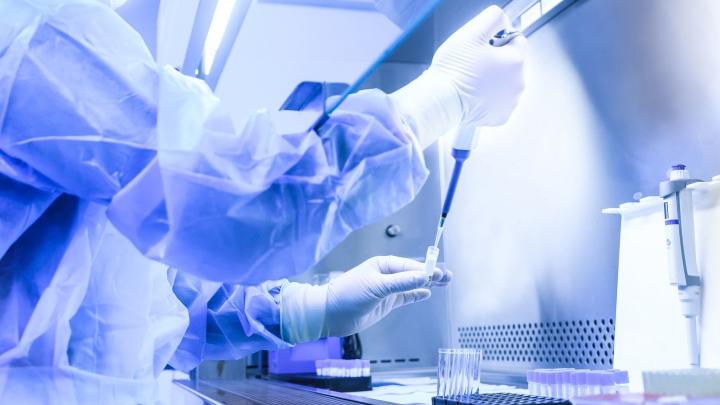The bacteria in the oral cavity of patients with early rheumatoid arthritis who are at risk of developing the disease are alike – and at the same time different from those in healthy and non-threatening people – according to Arthritis & Rheumatology.
Previous research indicated that the development of rheumatoid arthritis (RA) may be related to the oral mucosa. Researchers at the University of Amsterdam set out to evaluate the oral and periodontal microbiome in patients with early-onset rheumatoid arthritis (ERA) and those at risk of developing rheumatoid arthritis.
The research was conducted on 3 groups of people (50 participants each): with diagnosed rheumatoid arthritis, from the at-risk group (joint pain and autoantibodies) and healthy subjects. Gum, plaque, saliva and subgingival coating were examined.
“ Prevotella and Veillonella – Gram-negative anaerobes – were in greater relative abundance in saliva, and Veillonella also had a greater relative abundance of tongue coating, both in early rheumatoid arthritis patients and those at risk compared to a healthy control group, the authors write. Bacteria that promote inflammation, suggesting a possible link between oral microbiota and rheumatoid arthritis (PAP).
Author: Pawe Wernicki
pmw / zan /







